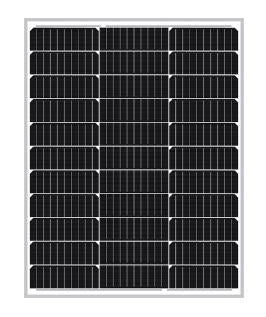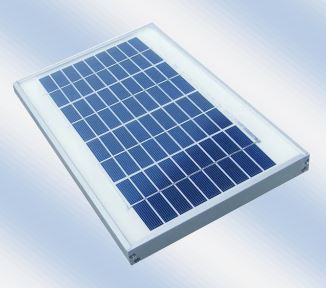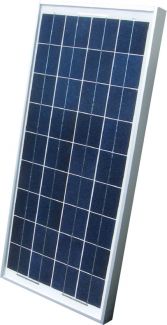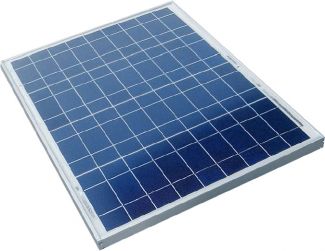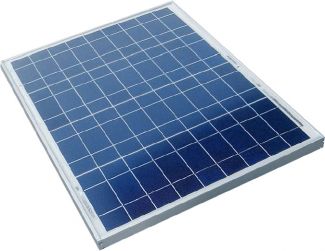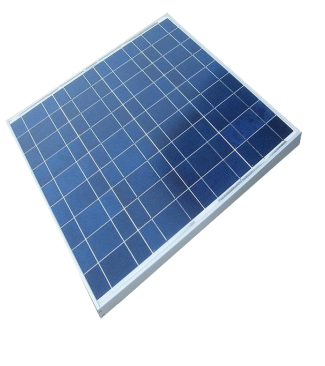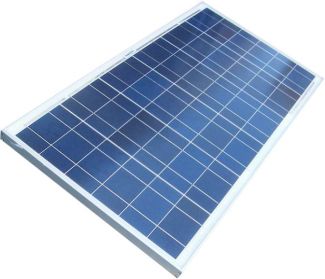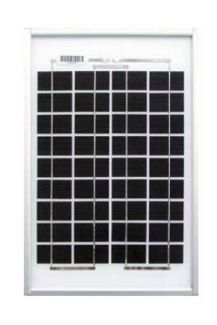Solar Panels 101

What exactly is a solar panel?
A solar electric panel is a device that turns energy from the sun into electricity. By contrast a solar thermal panel produces hot water (or other liquid), not electricity. Small pipes arranged in a flat panel configuration comprise a solar thermal panel. The panel is positioned for the sunlight to heat the water or liquid flowing through those pipes.
Solar electric panels are also known as solar photovoltaic (or PV) panels or “modules.” While “solar module” is really the technically correct term for a single unit comprising several solar PV cells, “solar panel” is the more popular or common term. But whatever we call it, the device makes electricity from sunlight via the “photovoltaic effect” described a bit more below.
Photovoltaic effect.
The scope of this page is simply to introduce you to some basic concepts about the parts of a solar panel system. In the near future, we'll be blogging about the photovoltaic effect and other solar panel topics in more depth, but for now, just some basics. Way back in 1839, a French physicist discovered the physical phenomenon called the photovoltaic effect. Basically, when the right material (i.e. silicon) absorbs sufficiently strong enough photons of sunlight, that material's electrons are “excited” and move toward a positive state. Along the way those electrons can be harnessed to do work (like power a light bulb). Decades of research and development brings us the current state of affordable, commercially useful solar photovoltaics. But stay tuned, as technology continues to improve solar PV efficiency.
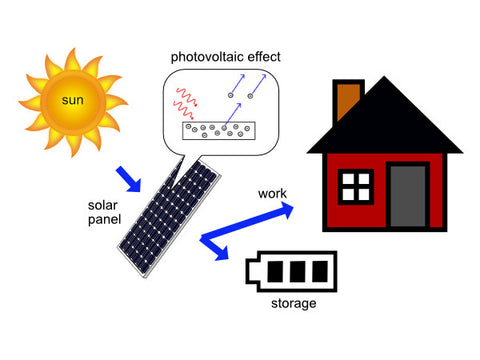
Differences.
Solar panels differ most obviously by size, but also by the amount of volts, amps, and watts they produce, the material they are made from, as well as origin, brand, etc. With so many variations in solar panel components, we’ve broken them down into 2 simple categories on SolarPanelStore.com: “Large Solar Panels” and “Small Solar Panels."Large or Small.
To us, “large” solar panels are those exceeding 200 watts and generally over 24 volts nominally. The building block of the solar panel is the solar cell. And these large panels generally have 60 or 72 solar cells each. Houses, farms, commercial buildings, big solar gardens and some large RVs and boats use these large solar panels. On the other hand, we think of “small” solar panels as those that are generally 12 volts. Some are 24 volts. Generally 36 solar cells or less make up most small panels, generating less than 200 watts. Small solar panels like these charge 12 volt battery-based electrical systems of all kinds, including those in RVs, boats, remote electrical devices, sensors, radios, pumps, road signs, gates, you name it.Silicon-based.
Today, silicon makes up most commercially sold rigid solar panels. Ribbons of fine conductors connect the silicon solar cells that comprise the solar panel. Tempered glass covers the cells and aluminum frames the panel for strength and mounting ease. But why silicon? Two reasons: silicon is a semi-conductor that is both super available in nature, and its special chemical properties makes silicon ideal to produce electricity via the photovoltaic effect. Uber-thin silicon wafers sliced from ingots of silicon comprised of a single crystal (known as mono crystalline or "mono") produce electricity most efficiently. But attractive pricing for panels made from multi crystalline silicon (known as polycrystalline or "poly") silicon make the slightly-less-efficient poly solar panels a still-popular option.Thin film.
“Thin film” solar panels are also commercially available and work well for some specific applications. Several different thin film chemistries exist, but the same concept applies: a photovoltaic-effect-friendly material is deposited on a substrate or backing material. Different backing material options make for a variety of thin film module applications. For example, thin film can be produced on a semi-flexible material (using amorphous silicon (aSI)) or on a shingle (also using aSI) or window (using cadmium tulluride (CdTe)). Also, copper indium gallium diselenide (CIGS) works for all those thin film applications. At the SolarPanelStore, we focus on rigid silicon modules and some semi-flexible thin film modules that work great for adhering to curved RV roofs or sailboat decks.Brands and Origin.
There are scads of solar PV panel manufacturers these days! While many of the major manufacturers are global companies with plants located around the world, there are regional producers as well. But the biggest origin for panels is China. Some people have a strong preference for a “made in the USA” panel or a strong distaste for panels from China, which often reflect their sentiments across all kinds of goods ranging from cars to guitars.Quality.
At the end of the day, people most often want to buy solar panels that will last a long time. And the reality is that China manufacturers can make excellent quality panels. But so can manufacturers in the USA and Italy and Canada for that matter. So at SolarPanelStore, we carry great quality panels from all of those countries! Some brands have higher perceived quality and performance and are priced higher, while other brands focus on solid quality at more affordable price points. Again, because people have different desires, we offer panels in both of those categories. There are sketchy brands out there that may look super cheap, but may also not be UL-listed (important safety standard), have minimal or no warranties (good warranties are 10-25 years), and may not hold up to your local environment (snow and wind load). We've been selling panels for 15 years and while we can supply most major brands, we tend to focus on a group of core, quality panel offerings that will make our customers happy.Call us.
If you're looking to buy solar panels online, then we hope this little introduction to solar panels helps you! See below for solar panel product lines below or click the menu to refine your search. Please give us a call and we’d be happy to help you buy solar panels that are right for you!- Tags: Solar Basics Solar Panels
- Thomas Lindberg

